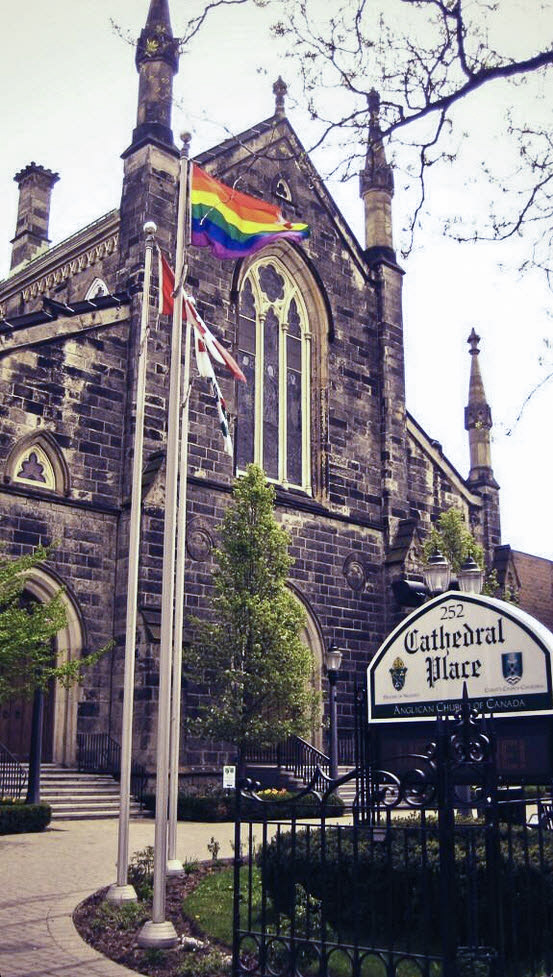Ironically, one of the threats the Anglican Church of Canada holds over clergy considering extricating themselves from its tender embrace to join ANiC is that they would be jeopardising their pensions by leaving.
As it turns out, clergy may be jeopardising their pensions by staying.
From here:
The Anglican Church of Canada is asking members of its pension plan to vote in favour of a proposal that would buy it more time before having to top up its underfunded pension plan by hiking premiums or cutting benefits.
By law, the plan must have the support of two-thirds of members before government will consider giving their OK to the proposal. A vote is scheduled for Sept. 6 in which the plan members hope to get permission from its active, inactive and retired membership.
[….]
Pension liabilities are calculated in two broad ways. They are valued on a “going concern” basis (that measures the plan’s health on the assumption it will operate indefinitely) and on a “solvency” basis — which measures the plan’s ability to pay all its debts if it were liquidated immediately.
On the first count, the church’s plan isn’t faring too poorly. At the end of the church’s last fiscal year, the pension plan had $602.8 million in assets, but a $28.7 million shortfall. Still, that’s considered 95 per cent funded over the long term. On the second count, however, the plan faces a cash crunch. The Anglican Church’s pension plan is only 70.5 per cent funded on a solvency basis were it to be wound up tomorrow.
The plan’s administrators are asking for a three-year extension on having to address that gap. The hope is that by then, the plan’s finances will have improved, no doubt helped along by rising interest rates that improve the plan’s valuation.
“With funding relief, we will have three years to try to improve our plan’s funding level,” the plan administrators told pension members in a recent letter. “At the end of three years, we will do another valuation of the plan. If there is still a solvency funding shortfall, we will likely have no choice but to cut benefits.”
The church’s pension plan returned 13.2 per cent last year, and has averaged 7.5 per cent per year for the past decade.
A spokesperson for the Anglican Church of Canada declined to comment on the story.


